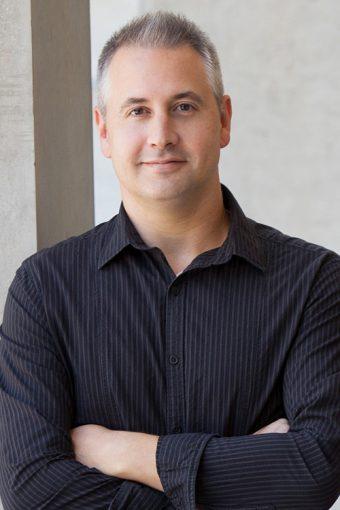Story adapted from article that originally appeared on Show Me Mizzou
“What can we do to make schools produce better citizens?” This is the question that sparked Brian Kisida’s research in education policy.
Kisida, an assistant professor in the Truman School of Government and Public Affairs, noticed that education, especially for younger children, had shifted to a strict focus on testing. This change, spurred by the No Child Left Behind Act, led to nationwide cuts in public school departments such as art, music, theater, and social studies.
Kisida observed that these changes in education correlated to many challenges he saw young students facing today, including record rates of suicide, depression, and anxiety. Fueled by his hope to help solve these issues and improve the lives of young students, Kisida’s research analyzes the connections between arts education and student success in public schools.
Kisida’s research is so impactful that he and longtime research collaborator Daniel Bowen, an associate professor at Texas A&M University, were recently awarded two federal grants by the National Endowment for the Arts (NEA). The grants, totaling $300,000 over a four-year period, help establish and further the research taking place in Mizzou’s Arts, Humanities, & Civic Engagement Lab (an NEA Research Lab).
Research in the lab determines the scope and specifics of the relationship between arts education and student success. So far, Kisida’s research has reinforced the importance of art departments. “Students who are involved in the arts enjoy school more, are more engaged and they’re just happier to be there,” he said. Eventually, Kisida hopes to bring his research to policymakers to assist in important decisions involving education.
Kisida believes that the arts are a fundamental mode of human communication that increase empathy, understanding, and tolerance. He says, “Whether you’re listening to music or reading poetry, it brings meaning and understanding to people’s lives.” Kisida says he feels honored to have federal recognition and support and feels validated that his research is heading in the right direction.
